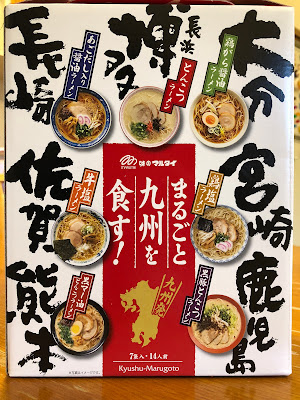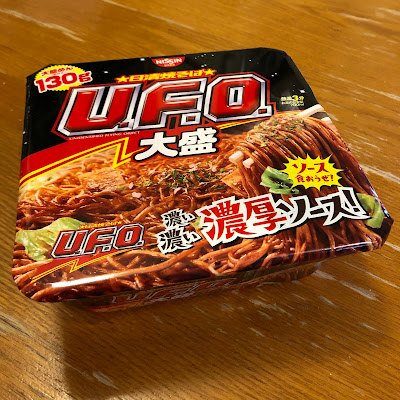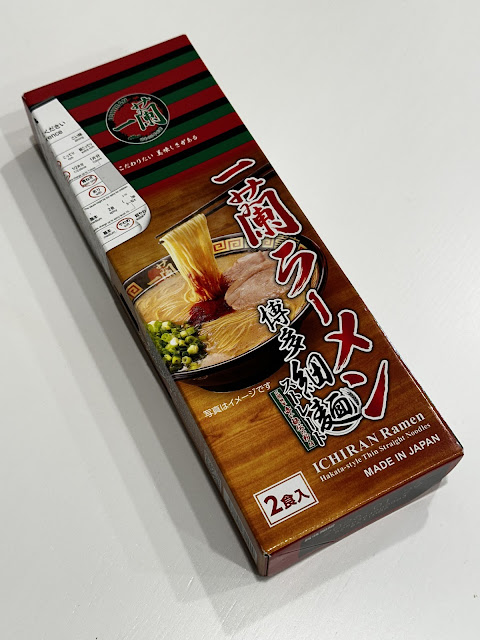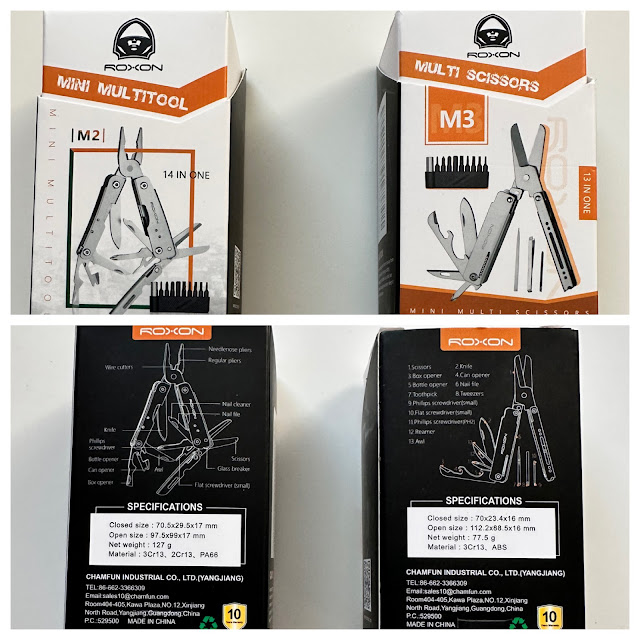Convenience Store Woman Book Review
I like Japanese konbini (convenience stores). They are a ubiquitous fixture in urban Japanese life. I've blogged about them in the past and admire their business model from their employee training, products they carry, the logistics behind everything, to their marketing and more. When I found out there was a novel set in a konbini, I had to read it. It was funny how I had an incorrect mental image that it was a big fat book, kind of like Ruth Ozeki's A Tale For The Time Being, which is also a good book. Convenience Store Woman is a much thinner and compact book that is full of konbini goodness. This book is a novella that is listed in print at 176 pages because it uses larger print in a small format book, but that does make it easier to read. It is a quick read which means you can easily go back and have a second read of parts you didn't quite get or enjoy the parts you did like again. A shorter work like many Japanese short novels that has sold over 650,000 copies in Japan.
Convenience Store Woman is about Keiko Furukura, a 36 year old Tokyoite, who works as a clerk in a convenience store. She has worked at the same konbini for 18 years in fact and is quite content with her job and her perceived role in society. Fellow workers and even managers have come and gone over the years, but she is the constant who knows the rhythms and patterns around the business of operating the store.
Keiko has problems with empathy and emotion, and really doesn't understand societal norms, other than as rules to be obeyed. She isn't a bad person in any way though, and I suspect she is somewhere on the spectrum. Reviewers have described her as being "strange brained" or "struggling to behave appropriately" but her issues are far deeper than that. The konbini with its manuals, processes, rules for behavior and dress allow her to feel as if she belongs. That is about all I'll say about the book as I don't want to spoiler anything. Let me just say that is was an interesting read and that it even has a pretty good plot and ending.
My takeaways from the story were related to konbini and Japanese society.
There is a really long book excerpt you can read at Longreads here.
More posts on Japanese Pop Culture.
Convenience Store Woman is about Keiko Furukura, a 36 year old Tokyoite, who works as a clerk in a convenience store. She has worked at the same konbini for 18 years in fact and is quite content with her job and her perceived role in society. Fellow workers and even managers have come and gone over the years, but she is the constant who knows the rhythms and patterns around the business of operating the store.
Keiko has problems with empathy and emotion, and really doesn't understand societal norms, other than as rules to be obeyed. She isn't a bad person in any way though, and I suspect she is somewhere on the spectrum. Reviewers have described her as being "strange brained" or "struggling to behave appropriately" but her issues are far deeper than that. The konbini with its manuals, processes, rules for behavior and dress allow her to feel as if she belongs. That is about all I'll say about the book as I don't want to spoiler anything. Let me just say that is was an interesting read and that it even has a pretty good plot and ending.
My takeaways from the story were related to konbini and Japanese society.
- The book shows the important role that konbini have taken in the lives of many Japanese due to the convenience they offer.
- I found the descriptions about the convenience store vibrant and realistic. You actually learn about the daily business of running a konbini with its flow and ebb. There is a morning rush, a lunch rush, you need to have rice balls and drinks stocked up and ready to go, everything has be to neat and tidy, etc. The book has a very authentic feel to it, and demonstrates the author's knowledge about convenience store operations. The author, Sayaka Murata, worked in a konbini for over 20 years even as she wrote many books and stories.
- I like that fact that a foreign worker was shown as working in the store, as there are increasing numbers of foreign workers being employed by the konbini chains who are facing a labor shortage.
- Finally, I thought about how people who don't fit into Japanese society are treated. There is a saying that goes "the nail that sticks up gets hammered down." If you don't conform then you are an outsider. We have issues like that here, but we are also more individualistic. I thought about how hikikimori or shut-ins can exist over there, how families hide problems as they are ashamed, how co-workers and friends can treat you not as you, and how the education system doesn't supply the supports that children need to thrive. All of this is related with how Keiko has had to live her life.
There is a really long book excerpt you can read at Longreads here.
More posts on Japanese Pop Culture.












Comments
Post a Comment